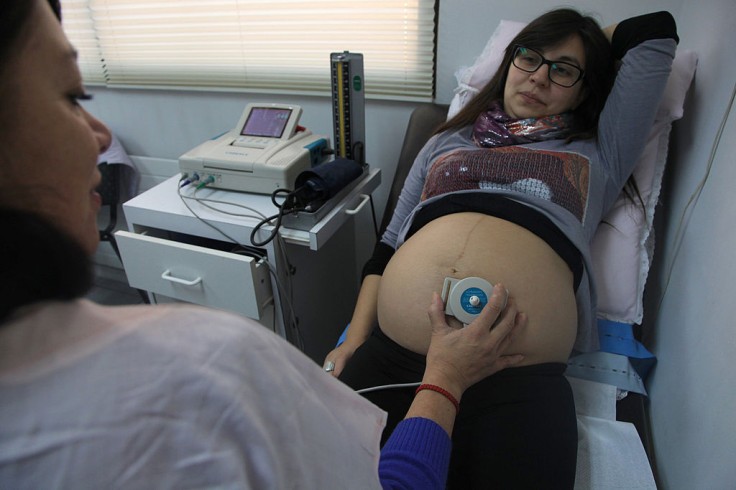
For women, knowing the status of one's reproductive health is crucial. An OB-GYN responds to your needs, whether it is for preventive screening, birth control advice, pregnancy care, or help with the menopausal issue. Finding the right OB-GYN for your needs is crucial.
However, finding the right OB-GYN and, at the same time, navigating the healthcare system can be challenging.
Healthline shares some important tips on looking for the right OB-GYN for you:
Find the doctors that are part of your insurance plans
Your health insurance should have policy documents identifying which OB-GYN in your area may be covered in your plan. Keep in mind that in the U.S., Health Maintenance Organizations (HMOs) and Preferred Provider Organizations (PPOs) work differently; hence, you need to check the cost if you choose an OB-GYN who is out of your insurance network.
According to UT Southwestern Medical Center, find out which hospitals are considered "in-network," as it is where you will receive medical care at a lower price. It is good to confirm with your doctor if they work within your insurance provider before you make an appointment.
A doctor's database may be searched in the American Medical Association, which provides information on specialty, state, and zip code.
Get Reviews from Friends, Family, and others
Get recommendations or feedback from friends, co-workers, and family members for an OB-GYN in your area with whom they had a positive experience or an OB-GYN who might be appropriate for you. They know you well or your medical history; hence, they might have a good idea of the doctor you need.
You may also check social media to give you an insight into the doctor's personality, communication style, philosophy, and reviews from former clients.
Check the doctor's accessibility
OB-GYNs usually meet their patients in facilities like clinics, private practices, and group practices. Try to check how long the travel to the doctor's office will take? Does the office offer free parking? Is it a complicated or time-consuming route from your office?
Consider if the doctor provides other access services
Most OB-GYNs have standard business hours during the week. Consider asking if the doctor's schedule works for you or do you need more flexibility?
If not, try to consider whether the doctor offers evening or weekend hours, if they offer telemedicine options, or does the doctor has an online patient portal that allows you to communicate with them.
Check the hospital the doctor uses
Doctors usually have privileges in regional and local hospitals. If you prefer a particular hospital, it would be best to check with the OB-GYN. It is also advised to check the hospital that your prospective doctor uses.
Check the certification
Certification is the level of education that indicates a doctor's field of expertise. The American Board Association also has a database of board-certified doctors in Certification Matters. Board-certified doctors are required to stay up to date on research and practice standards. It is also best to ask the doctor's subspecialty. Some doctors, for example, do not deliver babies. Some focus their practice on menopause or perimenopause cases, while others specialize in cancer treatment. It is best to look for an OB-GYN that suits your medical needs.
Trust Your Instincts
Healthparters.com recommends trusting your instinct when finding the OB-GYN. Ask yourself if you feel more relaxed talking to her? Does she take the time to explain things to you? Does she consider your opinions or preferences on medical intervention?
At the end of the day, find an OB-GYN that does not stress you out but helps you heal.